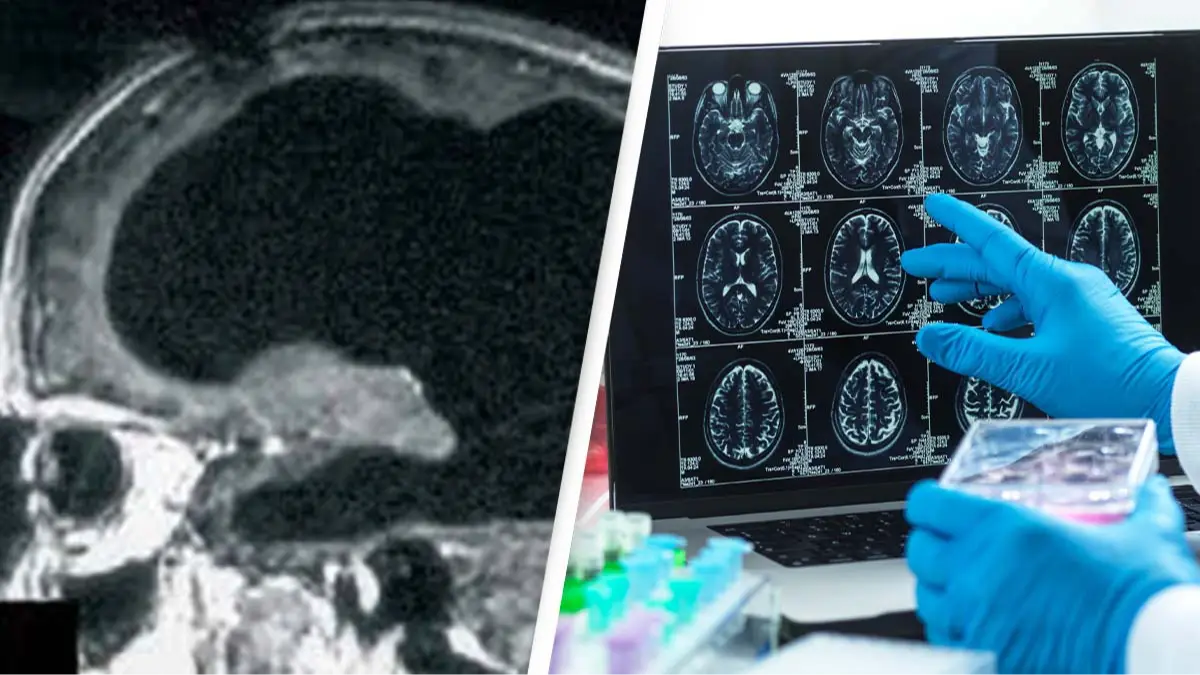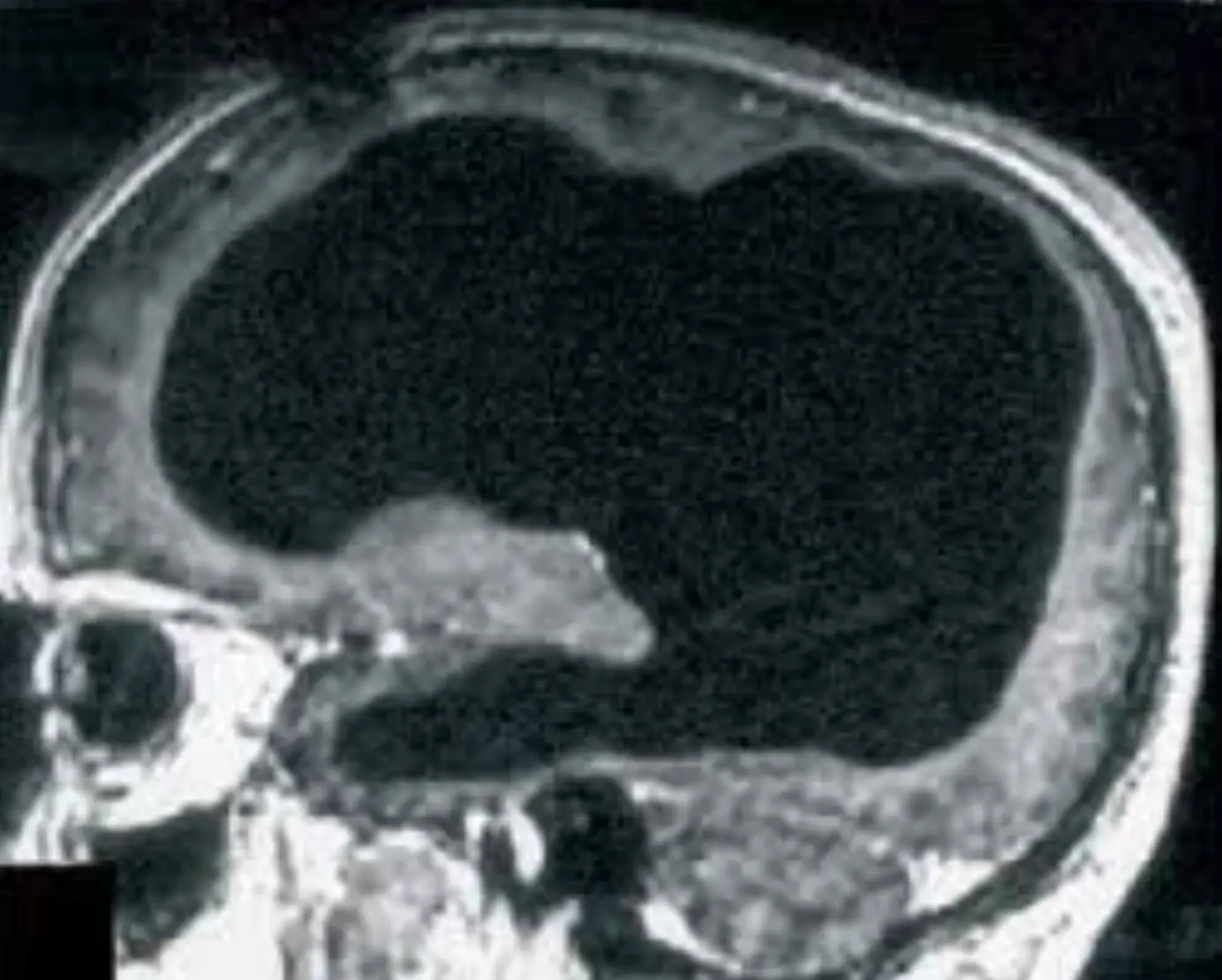
This man has had scientists questioning everything they know about the brain and human consciousness.
We have all heard the myth that we only use 10 percent of our actual brain, right?
Well, this has been firmly debunked by scientists the world over, but there is still a lot we don’t know about the brain.
In fact, there has been a story that has had scientists scratching their heads for decades.
Advert
An anonymous French man lived his life relatively normal and healthily while essentially missing 90 percent of his brain.
The story first rose to prominence when it featured in the pear-reviewed journal The Lancet back in 2007 and his fascinated scientists ever since.

The then 44-year-old man reportedly started to feel weakness in his leg and went to hospital to find out what was wrong with him.
I can only imagine his shock when they told him he was missing most of his brain.
Instead, the man’s skull was essentially full of liquid with just a thin layer of brain tissue left. The condition even has a name and is known as hydrocephalus.
Cognitive psychologist Axel Cleeremans explained the story in the journal and said: “He was living a normal life. He has a family. He works. His IQ was tested at the time of his complaint. This came out to be 84, which is slightly below the normal range … So, this person is not bright."
The man, who thankfully was saved any ridicule by having his identity kept confidential, lived his entire life without thinking anything was wrong with him.
A scan of his brain showed just how much... well empty space there was.

Doctors believe most of his brain was slowly destroyed over 30 years by the build-up of fluid in the brain due to his condition.
Interestingly, he'd been diagnosed with it as an infant and treated with a stent, but it was removed when he was 14 years old, and since then, the majority of his brain seems to have been eroded.
But this did raise questions as to how we think about consciousness. In the past, researchers have suggested that consciousness might be linked to various specific brain regions.
However, stories like this have lead scientists to different theories that argue it's unlikely that one specific region on its own is going to be responsible for consciousness.
Some have even gone as far to suggest that adult brains are more adaptable than we previously thought and can make different parts of the brain take on new roles in case of injury.
Topics: Science, Health, World News